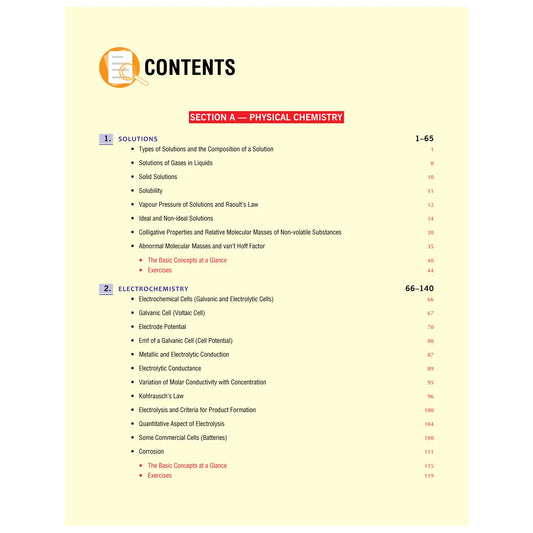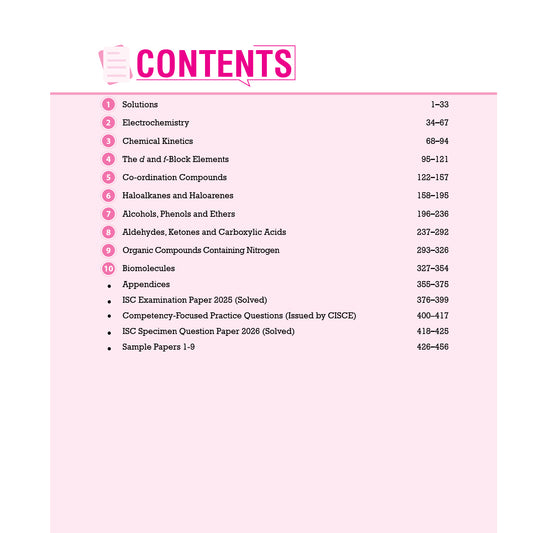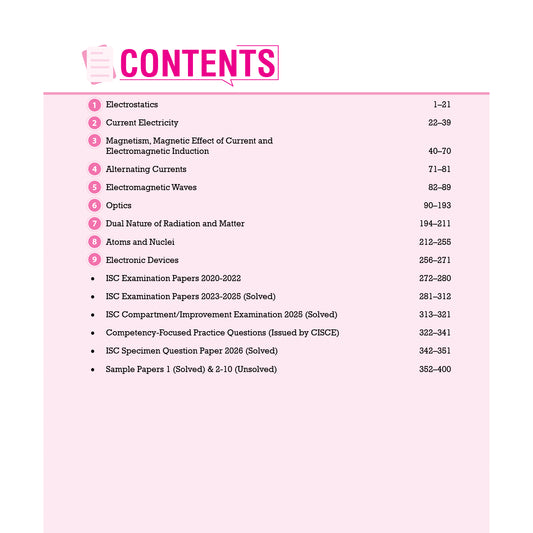
How Can We Improve Our Spiritual Knowledge?
This growth in spirituality is self-discovery in the inner world, resulting in the higher awareness of God. In this fast-paced life, most of us look for avenues that can deepen their spiritual knowledge and provide meaning and purpose beyond material pursuits. But how to truly enhance one's spiritual understanding? This article discusses some practical steps, tools, and insights to kick-start your spiritual journey towards transformation. Settling down will include mediation, spiritual Books, mindfulness, or overcoming hindrances on the path of spiritual growth
Understanding the Foundations of Spirituality: Where to Begin?
First, spirituality is not a universal term. It is highly personal and varies across culture, religion, and individual beliefs. Nevertheless, certain principles are universal and apply to everyone who seeks to create a sturdy personal spiritual base.
-
Define Your Purpose: Why are you interested in spiritual growth? Is it to achieve inner peace, self-awareness, or a better connection with the divine?
- Explore the Variety of Routes: Religion, philosophy, and personal practices can inspire spiritual exploration. For example, readings like Sundar Kanda and Lanka Kanda from Nageen Prakashan can enlighten readers with a devotional view on Lord Hanuman's spirituality for inspiration.
- The Wonderful Thing About This Path Is That It Can Be Traveled in Small Steps: Some small practices could include daily gratitude and brief prayers, allowing you to develop into higher forms over time.
Further, the foundational understanding of spirituality will take time and requires an open mindset. With time and growth, you will learn what works best for you.
The Role of Meditation and Reflection in Spiritual Growth
Meditation and reflection are the bedrock of spiritual advancement. They induce calmness of the mind and enable a connection with the inner Self to realize life's greater purpose.
The Why of Meditating:
-
Stress Reduction: When the mind is calm, it can focus on the present.
-
Spirit-Aware: Observing one's thoughts grants insight into what is real.
- Deep Connective Meditation: Helps you to feel a larger sense of connection with the universe.
How to Reflect:
-
With a Journal: Write about your thoughts, experiences, and spiritual insights. Patterns and growth should appear over time.
- Silent Contemplation: Spend a few minutes in silence reflecting on your action and intention.
For example, the Kishkindha Kanda Spiritual & Religious Book emphasizes the importance of introspection and devotion that can be enhanced by meditative practices.
Meditation again increases the efficacy of reading spiritual texts. For instance, after meditation, reading some good points from the Aranya Kanda Spiritual Book will unleash further analysis into the teaching of Tulsidasji.
Learning from Sacred Texts and Spiritual Teachers
Sacred texts and spiritual teachers are vital tools for attaining spiritual enlightenment. They teach, guide, and inspire one in walking through life's challenges.
The Power of Sacred Texts:
-
Timeless Wisdom: Books like Sundar Kanda and Lanka Kanda provide devotional prayers and stories that inspire faith and devotion.
-
Practical Guidance: Many texts, such as Aranya Kanda spiritual book provide interpretations of how spiritual lessons can be applied in one's daily life.
- Cultural Connection: By reading these texts, you can get deeper insight into the cultural and religious traditions.
Finding a Spiritual Teacher:
-
Seek Mentorship: A spiritual teacher would be your own private guiding force in your initiation journey.
-
Attend Workshops: Almost all spiritual organizations hold workshops and seminars headed by their adept teachers.
- Online Resources: Websites such as Nageen Prakashan widely cater to spiritual books and resources.
And, indeed, learning from sacred texts and teachers is not a passive act but livened engagement with and application of the teachings into your life.
Practicing Compassion and Mindfulness in Daily Life
Compassion and mindfulness are the two important qualities that help spiritual development. Through these two qualities, one obtains a loveful heart and a concentrated mind with which to live harmoniously with self and others.
Importance of Compassion:
-
Helps Others: Through kindness and compassion, positive energies get established and the bonds with others see some strengthening.
-
Heals in That: The practice of compassion ends up taking away a lot of negativity that can be manifested through being angry or resentful.
- Fostering Community: Compassion is responsible for the community feeling and the sense of unity.
Ways to Practice Mindfulness:
- Be Present: The past has happened and the future is only a possibility; be in the here and now.
- Observing, Not Judging: Notice your thoughts and emotions without labeling them good or bad.
- Incorporate Rituals: Simple rituals such as lighting a candle or saying a prayer can help you stay mindful.
Like daily reminders to nurture compassion and mindfulness-for example, by daily reminding oneself with the devotional prayers of Sundar Kanda and Lanka Kanda.
Mindfulness can be enhanced by reading and reflecting regularly. For instance, follow reading a passage of Kishkindha Kanda with a moment's take on what it conveyed and its application to your life.
Overcoming Challenges on the Path to Spiritual Enlightenment
A spiritual journey is but not smooth; there are doubts, diversions, distractions, and failures that all come the way but can be verified with patience and tools.
Common Challenges
- Self Doubt: One doubts whether he has really progressed on the journey or he feels he has lost connection with the goals he set for his spiritual journey.
- Distractions: The myriad demands of everyday life can make it virtually impossible to create or maintain a spiritual practice.
- Setbacks: It is a part of the journey, yet not encouraging.
Steps to Overcome the Challenges:
- Consistency: All those small little daily practices would add up over the years to create amazing growth.
- Support: Find someone of like mind or join a spiritual community.
- Learn from Books: Classics like Aranya Kanda and Lanka Kanda possess timeless wisdom through which you can learn how to cope with such challenges.
Challenge is opportunity for development. Challenge and face your challenges, and you will eventually learn to deepen your spiritual understanding and resilience.
Conclusion
In short, spiritual enlightenment is a lifetime expedition during which there will be several significant milestones-unwavering commitment, continued curiosity, and an open heart. It will go from understanding the fundamentals of spirituality to practice meditation, learning from sacred texts, and overcoming inductive challenges.
Integrating all with your daily life will help sustain a stronger relationship with you, to others and the divine. The journey is just as important as the destination.
Final Words
If you're looking for resources for your spiritual journey, then Nageen Prakashan has a lot to offer about spiritual books. Sundar Kanda, Lanka Kanda, Kishkindha Kanda, Aranya Kanda-all offer deep insights and beautiful prayers to supplement your devotional prayers.
Spiritual growth may be individual and unique to you, so just keep that in mind, as well as being patient, curious, and most importantly, connected to your inner self while taking off on this trip.




















